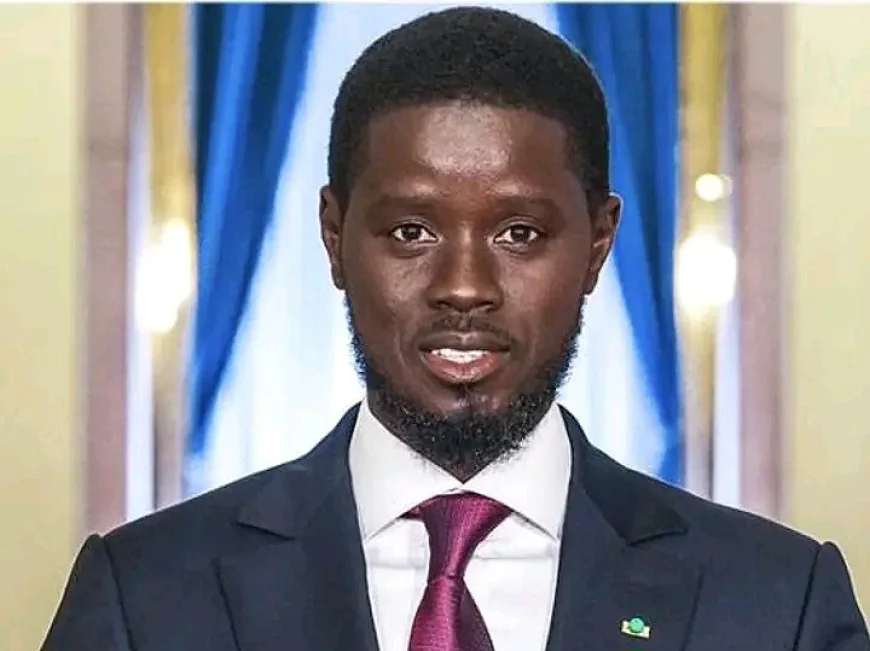Senegal plans $10b fiscal overhaul to confront hidden debt
Faye’s Government Targets $9.9 Billion Boost Amid IMF Talks

Senegal has announced sweeping economic reforms aimed at raising nearly $10 billion over the next three years to tackle its mounting debt crisis. The measures include tax hikes, subsidy cuts, and a renegotiation of energy contracts, as the country seeks to restore investor confidence and stabilise public finances.
The move comes as the International Monetary Fund (IMF) prepares to open talks with the Senegalese government next month on potential new funding arrangements. The urgency for fiscal reform intensified after President Bassirou Diomaye Faye’s administration revealed $7 billion in previously undisclosed debt left behind by the former government.
Speaking on the new economic direction, government officials said the reforms were necessary to “rebuild fiscal space” and meet a revenue target of $9.9 billion (approx. CFA6 trillion) by 2027.
Among the new revenue-raising measures is the introduction of additional taxes on goods, services, and mobile money transfers—a popular financial service used by millions across the country. The government will also reduce subsidies, particularly in the energy and transport sectors, and seek to renegotiate existing energy contracts to ensure fairer terms.
“These reforms are difficult but essential,” said a senior official from the Ministry of Finance. “They are designed not only to reduce the deficit and debt burden but to reassure development partners and investors of Senegal’s commitment to transparency and economic stability.”
The revelation of the hidden $7 billion debt has placed significant strain on Senegal’s public finances, prompting calls for greater accountability and fiscal discipline. The current administration has pledged to investigate the origin of the debt and ensure those responsible are held accountable.
President Faye, who was elected on a platform of reform and anti-corruption, faces the delicate task of balancing the need for austerity with the growing demands of a population already grappling with inflation and high unemployment.
The IMF has welcomed the government's commitment to reform, calling it a “positive step” towards restoring macroeconomic stability. The outcome of the talks scheduled for next month will likely determine the scale and timing of any financial support.
While the measures are expected to generate much-needed revenue, they could also face public resistance, especially from low-income groups who may bear the brunt of subsidy removals and indirect taxes. The government has indicated it will roll out targeted social support schemes to cushion vulnerable communities.


